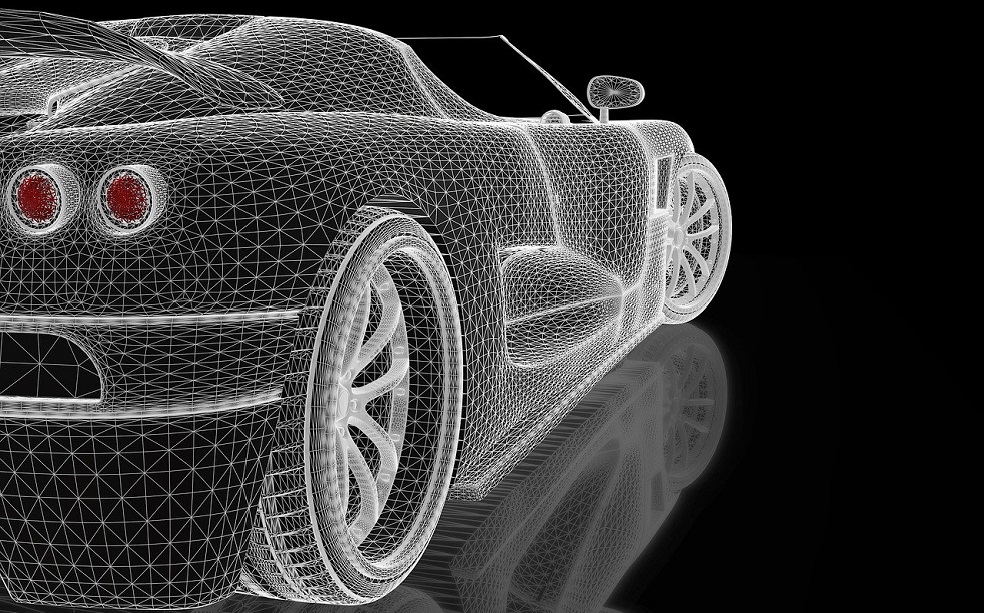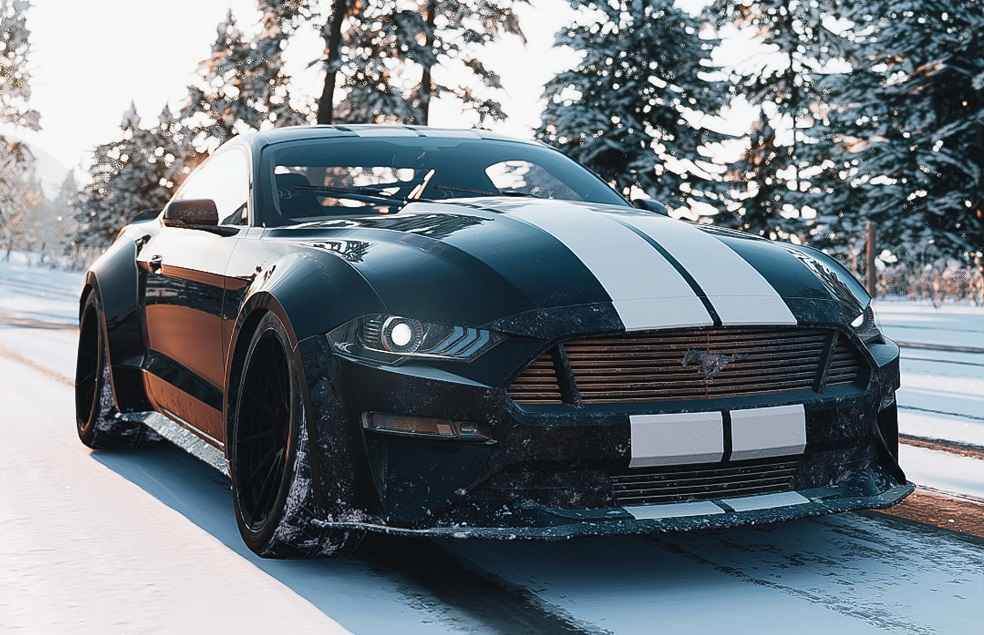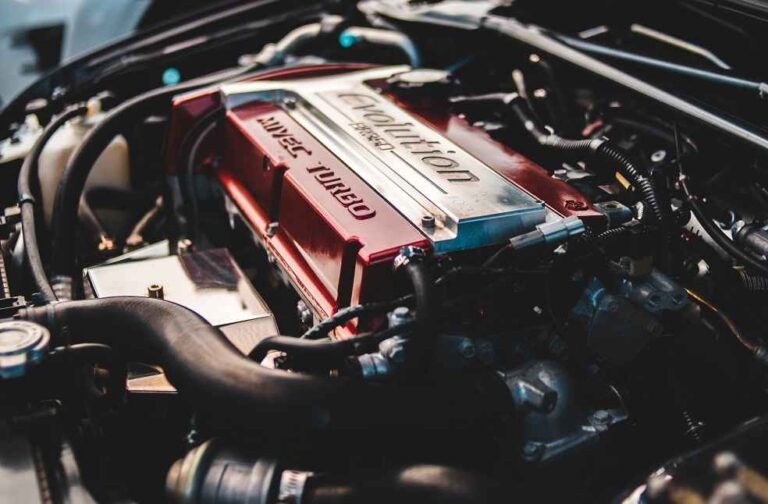Chinese start-up Greater Bay Technology, a branch of the state-owned Guangzhou Automobile Group (GAC), has reportedly developed a battery technology that solves a key issue plaguing electric vehicles (EVs) – the loss of range in cold weather conditions. This breakthrough represents a massive stride towards enhancing the efficiency and adaptability of electric vehicles worldwide.
The Phoenix battery, developed by the firm, is a sophisticated blend of superconducting materials and expert thermal management systems. It is capable of heating from temperatures as low as -4 degrees Fahrenheit to a comfortable 77F within a span of five minutes. This revelation was made by Huang Xiangdong, the co-founder and chairman of Greater Bay Technology, who also asserted that the Phoenix battery maintains normal operation and charges fully in under six minutes, irrespective of climate conditions.

This development is a significant contribution to the global initiative of reducing EV charging times, enhancing driving range, and improving battery safety. Notably, this movement has been primarily spearheaded by Chinese firms such as Contemporary Amperex Technology Co. Limited (CATL), BYD Co. Ltd, Gotion High-Tech Co., among others. With its cutting-edge innovation, Greater Bay Technology has achieved a remarkable valuation of over $1 billion within just two years of its inception.
Its initial success was with the first-generation battery cell, which allegedly charges in the same duration as traditional gas vehicle refueling. This cell can add a substantial 124 miles of range in a mere five minutes of charging and can achieve a 0-80 percent state of charge (SoC) in only eight minutes. This technology is presumed to be integrated into the GAC Aion V LX Plus model.
The revolutionary Phoenix battery can reportedly offer a remarkable range of up to 621 miles (1000 kilometers). Discussions are underway between Greater Bay Technology and several other automakers interested in this advanced battery technology.

Data from a comprehensive study of 7,000 cars highlighted that some EVs could lose up to 35% range in sub-zero temperatures, with variations depending on different EV models. Manufacturers like Tesla have introduced heat pumps and features like battery preconditioning to mitigate cold weather’s impact on battery performance and range.
It remains to be seen whether the Phoenix battery lives up to its ambitious claims. While the Chinese CLTC testing cycle tends to be more optimistic than the EPA, whose tests results are often closer to real-world driving range, the heat management and all-weather capability of the Phoenix battery warrant serious attention.
AUTO TECH: Metaverse Shakes Up Mobility: A New Frontier for Automotive Innovation





